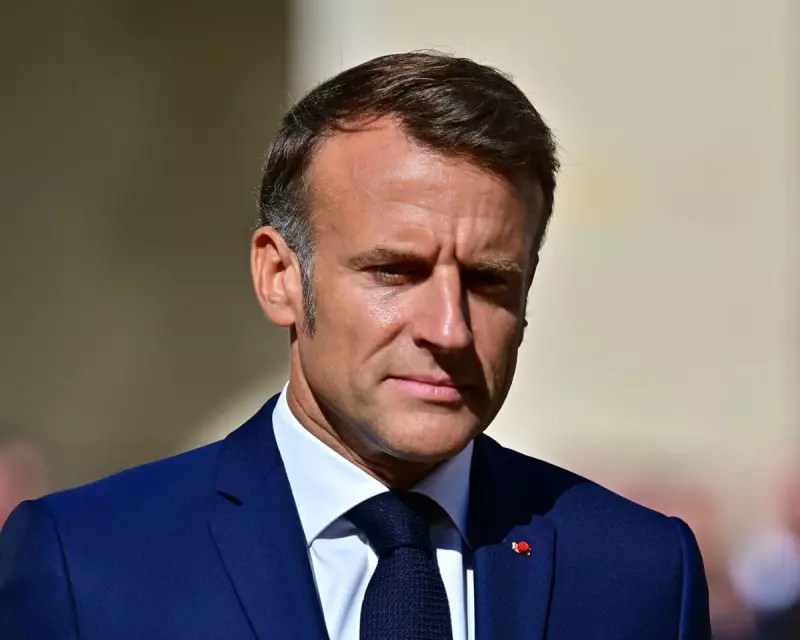
President Emmanuel Macron's high-stakes gamble to call a snap election has spectacularly backfired, plunging France into a period of profound political uncertainty and legislative gridlock. The resulting hung parliament has left the French leader without a clear governing majority, dramatically weakening his authority both at home and on the European stage.
Centrist Pillar Collapses: The Bayrou Defeat
The political earthquake was compounded by the stunning defeat of François Bayrou, Macron's centrist ally and longtime political pillar. Bayrou's loss represents more than just another seat changing hands—it signifies the collapse of a crucial moderate force that helped bridge France's increasingly polarised political landscape.
Without Bayrou's moderating influence and political expertise, Macron finds himself isolated, facing both a resurgent far-right under Marine Le Pen and a newly unified left-wing alliance. This leaves the president trapped between two hostile blocs, neither of which will easily enable his legislative agenda.
A Parliament Divided Against Itself
The new National Assembly presents a nightmare scenario for governance. With no single bloc commanding a majority, France faces the prospect of:
- Legislative paralysis on crucial economic reforms
- Difficulty passing annual budgets
- Constant negotiations and potential deadlock on every major policy decision
- Possible technical governments or technocratic appointments to maintain basic governance
This fragmentation comes at precisely the wrong moment for France, which faces mounting economic challenges including rising debt, stubborn inflation, and the need to implement painful reforms to ensure long-term competitiveness.
European Implications and Diplomatic Weakness
The political instability in Paris has immediate consequences beyond France's borders. Macron, once the driving force behind European integration and a key player in EU decision-making, now arrives at international negotiations with severely diminished credibility.
European partners and financial markets are watching nervously as the eurozone's second-largest economy enters a period of potentially prolonged uncertainty. The timing couldn't be worse, with multiple global crises requiring strong European leadership and coordinated action.
The Rocky Road Ahead
Finding a path forward will require political skills that Macron has thus far failed to demonstrate. The president must now attempt to build fragile coalitions on an issue-by-issue basis, a challenging task given the deep ideological divisions between the main blocs.
Many observers question whether France's political institutions, designed for clear majorities rather than negotiated compromises, can effectively function under these unprecedented conditions. The coming months may test the very foundations of the Fifth Republic's political system.
What remains clear is that Macron's calculated risk has resulted in the very instability he sought to avoid, leaving France facing its most serious political crisis in decades with no obvious exit strategy in sight.





